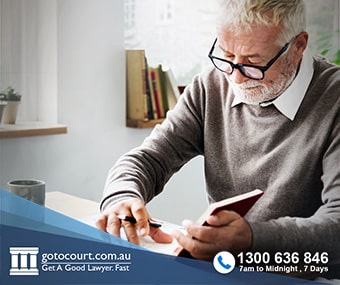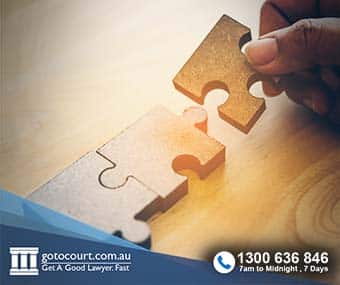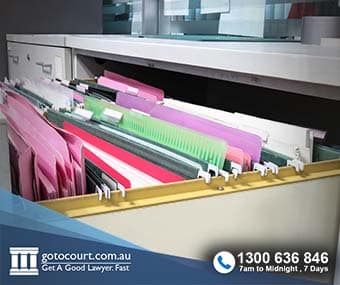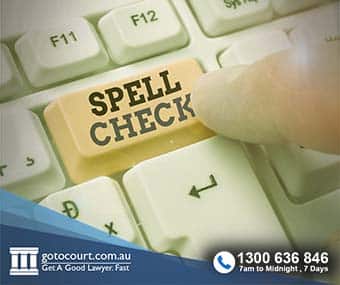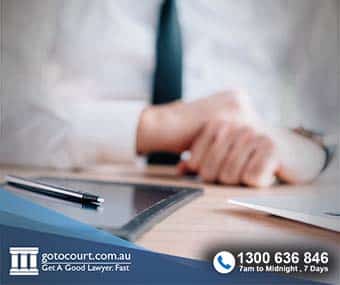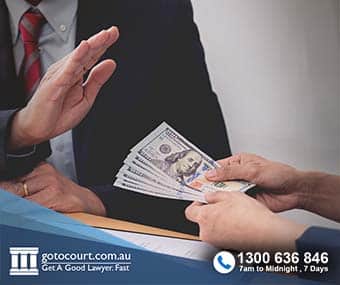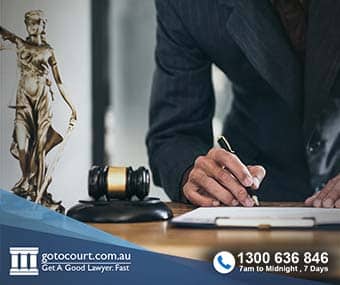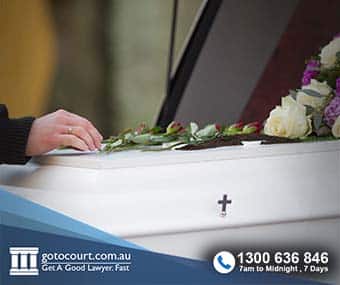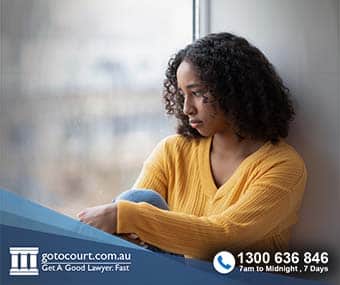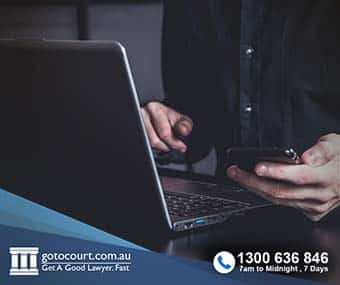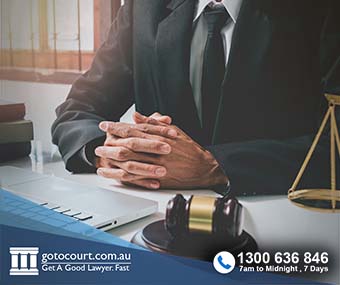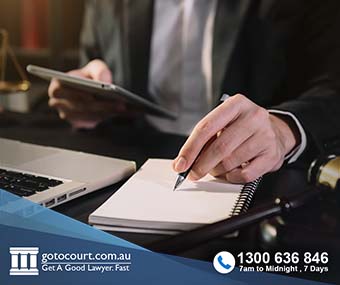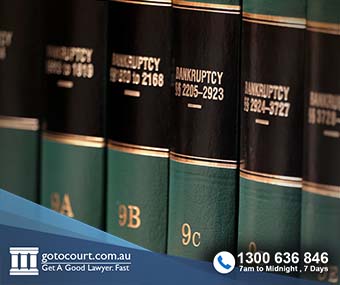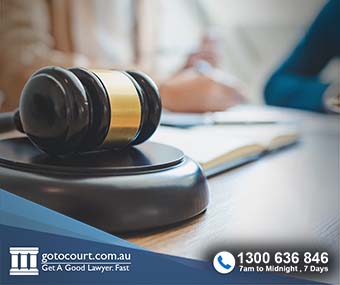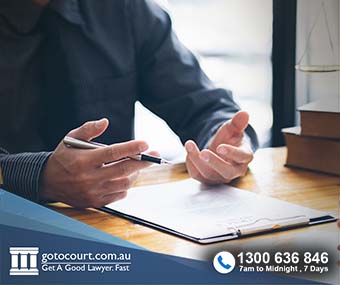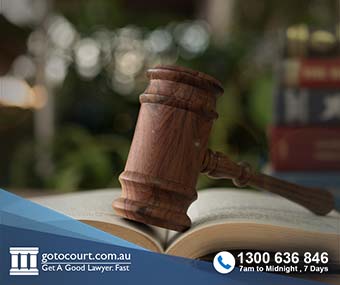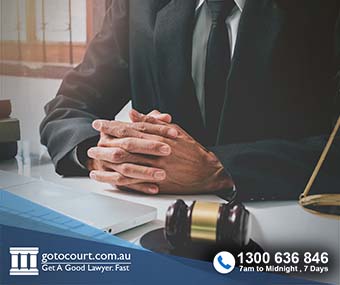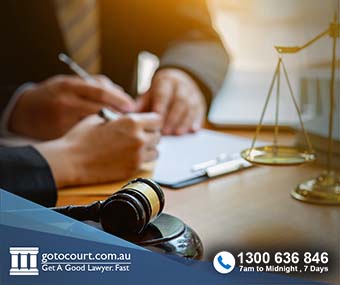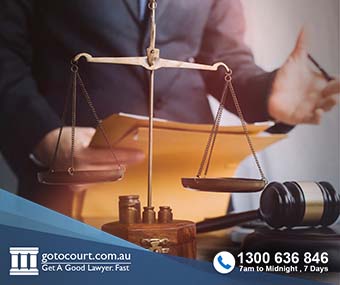Deceased Estates
Deceased Estates
After someone dies, all of their property and belongings that have monetary value (including vehicles, real estate, money in the bank, stocks and shares, household goods, insurance policies, and jewellery) form their deceased estate. A deceased estate also includes pets, which are treated as property when the estate is distributed. Most people are familiar with the idea that a deceased estate contains valuable items to be distributed to beneficiaries upon a person’s death. It is perhaps less widely understood that when a person dies, their debts and liabilities often continue and must be discharged out of the estate.
Who Is Responsible For Administering Deceased Estates?
In many cases, when someone dies, they leave a will setting out their wishes for the distribution of their deceased estate. Wills are instruments that deal with the distribution of property. Parents may include instructions in a will about the care and guardianship of their children, but these instructions are not binding and serve only as a record of the wishes of the deceased in a convenient form.
A will should nominate one or more persons to act as executors. These persons will be asked to assume responsibility for administering the deceased estate. During probate, the executors collect all of the assets of the deceased estate, pay the deceased’s creditors, and ensure that the remaining assets are distributed according to the provisions of the will.
If a person dies without a valid will, they are said to die intestate. This results in a complicated, protracted and potentially expensive process of having the estate distributed according to the laws of intestacy. Without a nominated executor, the deceased does not get to decide who will be responsible for administering their estate.
Payment of Debts From A Deceased Estate
A will should make provision allowing the executors to pay for the funeral or burial, and to discharge any debts out of the deceased estate. An executor will also ensure the lodgement of a final tax return and that any income tax payable is paid out of the deceased estate. The estate must also pay any other tax that is due as a result of the liquidation of assets, like superannuation pay outs and capital gains on the sale of shares or real estate.
An executor will generally pay all the deceased’s debts before any assets are distributed to beneficiaries nominated in the will. However, superannuation death benefits and life insurance of the deceased cannot be used to pay the deceased estate’s debts. All the estate’s other assets are available to the executor to pay debts, regardless of the will’s instructions as to the distribution of individual assets. For this reason, an executor cannot, for instance, pass on a mortgage-free property if there are other debts in the estate that cannot be paid without the property being sold.
What If The Debts Cannot Be Discharged?
If the estate does not contain enough funds to cover the debts owed by the deceased, the executor will pay the debts as required under either bankruptcy provisions or the insolvent estate provisions. Unless a family member was a co-owner, guarantor, or joint borrower, they are not liable to repay the deceased’s debts.
Bankruptcy and insolvency estate provisions state that the first priority for payment out of a deceased estate is the deceased’s funeral, testamentary and administration expenses. The executor will then discharge tax debts, regardless of any instructions in the deceased’s will, followed by the repayment of secured debts like home or car loans. The deceased estate will also prioritise the ongoing payment of child support for the dependent child. If the deceased had a HECS-HELP education debt outstanding at the time of their death, the debt will be extinguished upon the person’s death.
The final debts to be paid out of a deceased estate are unsecured debts, and these debts are the most likely to remain unpaid if the estate is insolvent. This means that even if a will contains a provision, for example, that an unsecured debt to a family member is to be repaid out of the estate, this will occur only after all secured debts are paid. This can be an issue where family members have provided substantial unsecured loans towards a purchase. It is one of many reasons that it is advisable to formalise and register family loans against the appropriate security.
For legal advice about drafting a will or if you need help with a deceased estate, please contact Go To Court Lawyers.

Affordable Lawyers
Our Go To Court Lawyers will assist you in all areas of law. We specialise in providing legal advice urgently – at the time when you need it most. If you need a lawyer right now, today, we can help you – no matter where you are in Australia.How It Works




1. You speak directly to a lawyer
When you call the Go To Court Legal Hotline, you will be connected directly to a lawyer, every time.

2. Get your legal situation assessed
We determine the best way forward in your legal matter, free of charge. If you want to go ahead and book a face-to-face appointment, we will connect you with a specialist in your local area.

3. We arrange everything as needed
If you want to go ahead and book a fact-to-face appointment, we will connect you with a specialist in your local area no matter where you are and even at very short notice.

